12 Metal Bands from the ’80s That Terrified Every Suburban Parent Alive
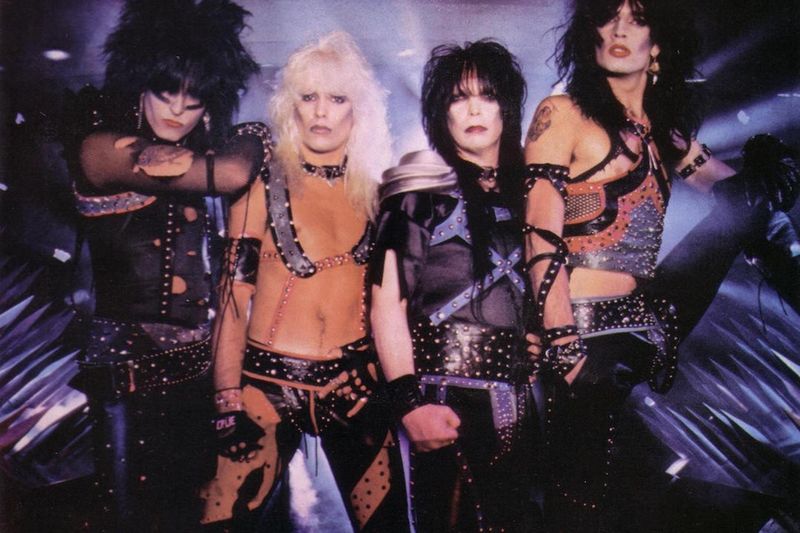
The 1980s saw the rise of heavy metal that shocked America to its core. These weren’t just musicians – they were threats to the social order, at least according to worried parents across suburban neighborhoods. As Tipper Gore and the Parents Music Resource Center fought for warning labels, these bands became the soundtrack of teenage rebellion and parental nightmares. Their music, imagery, and behavior challenged everything the older generation held dear.
1. Judas Priest – Subliminal Message Nightmare
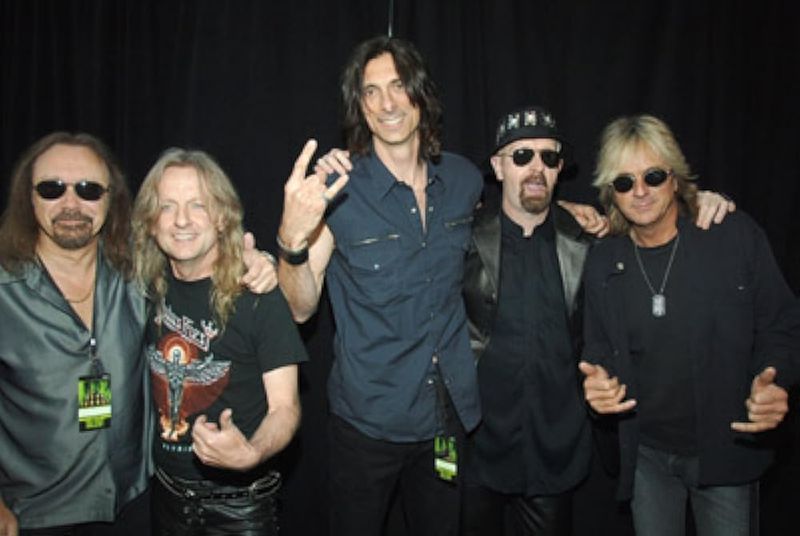
Metal legends Judas Priest found themselves in an unprecedented legal battle when parents claimed hidden messages in their music drove two teens to suicide. The 1990 trial became a media circus, with the band forced to defend their art against accusations of embedding commands like “do it” in their songs.
Frontman Rob Halford’s leather-clad image and the band’s screaming guitars had already made parents nervous. But the subliminal message case transformed them into something more sinister in the public eye: mind controllers.
Though they ultimately won the case, the damage was done. Judas Priest became the ultimate example of metal’s supposed dangers, fueling parental panic and record-burning parties across America.
2. Mötley Crüe – The Parents’ Worst Nightmare
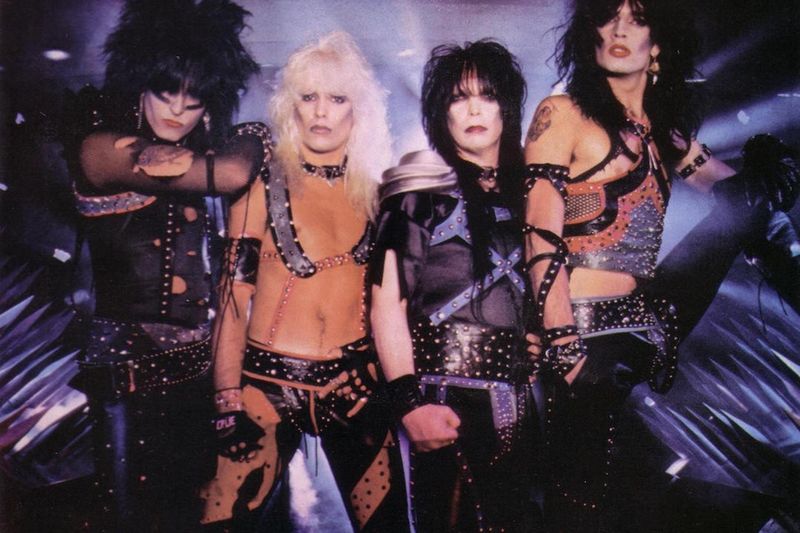
Nothing embodied parental fears quite like Mötley Crüe. Their 1983 album “Shout at the Devil” featured pentagram imagery that had church groups picketing their concerts. Bassist Nikki Sixx’s near-death overdose and Tommy Lee’s notorious behavior became cautionary tales parents would cite during awkward dinner conversations.
Their backstage antics were legendary – hotel destruction, substance abuse, and sexual escapades documented in their autobiography “The Dirt” confirmed every parent’s worst suspicions. MTV couldn’t get enough of them, beaming their excessive lifestyle directly into suburban living rooms.
Songs like “Girls, Girls, Girls” celebrated exactly what parents feared their teenagers were being exposed to – a world of adult temptations with zero consequences.
3. W.A.S.P. – Shock‑Rock Spectacle
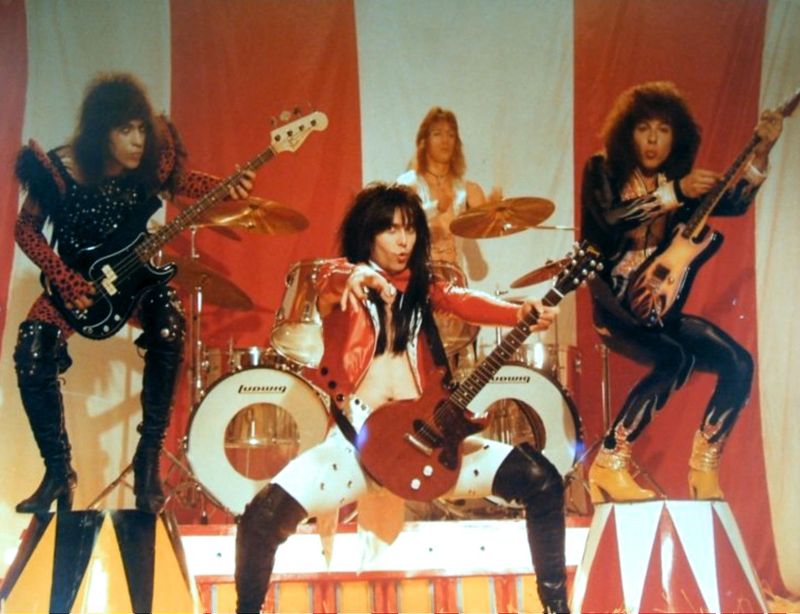
When Blackie Lawless and W.A.S.P. burst onto the scene, they instantly became poster children for everything wrong with rock music. Their very name sparked controversy – allegedly standing for “We Are Sexual Perverts” – though the band never officially confirmed this interpretation.
Their stage shows featured raw meat throwing, fake blood, and suggestive props that had parent groups organizing protests outside venues. Tipper Gore’s PMRC (Parents Music Resource Center) placed their song “Animal (F*** Like a Beast)” at #1 on their infamous “Filthy Fifteen” list of objectionable songs.
The band’s saw blade codpiece and songs about sexual domination ensured they remained firmly on the parental blacklist throughout the decade.
4. Black Sabbath – Doom‑Laden Occult Shockers
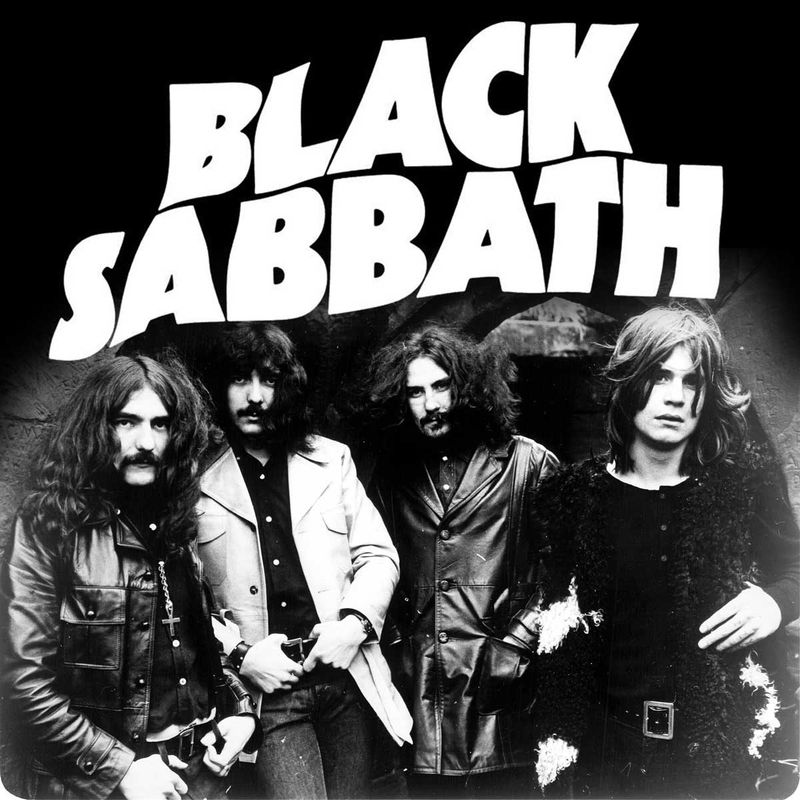
Though their heyday began in the 70s, Black Sabbath remained a parental boogeyman throughout the 80s. Their ominous sound – built around tritones, historically known as “the devil’s interval” – seemed designed to unsettle adult ears. Album covers featuring occult imagery didn’t help their case.
Religious groups claimed Ozzy Osbourne was Satan’s messenger, citing his bat-biting incident and slurred speech as evidence of demonic possession. Parents genuinely believed Sabbath’s music could open doorways to hell – leading to record burnings and panicked calls to school administrators.
The band’s lyrics exploring war, depression, and occult themes provided the perfect vocabulary for teenage angst, making them a forbidden fruit many kids couldn’t resist.
5. Slayer – Unholy Speed‑Metal Assault
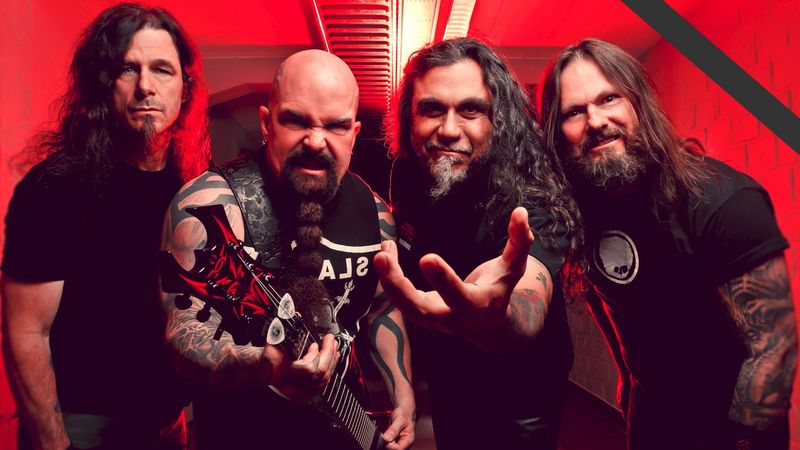
Slayer represented everything that kept parents awake at night. Their lightning-fast guitar work and Tom Araya’s aggressive vocals created a sonic assault unlike anything in mainstream music. Album art featuring pentagrams, demons, and mock crucifixions sparked outrage from religious communities.
Their 1986 masterpiece “Reign in Blood” included “Angel of Death” – a graphic description of Nazi doctor Josef Mengele’s experiments. Schools banned Slayer t-shirts, and rumors spread that the band members had made satanic pacts.
What terrified parents most was how Slayer refused to soften their image or sound. While other bands might wink at their controversial personas, Slayer’s unflinching commitment to extreme themes made them seem genuinely dangerous to impressionable teens.
6. Iron Maiden – Eddie the Nightmare Mascot
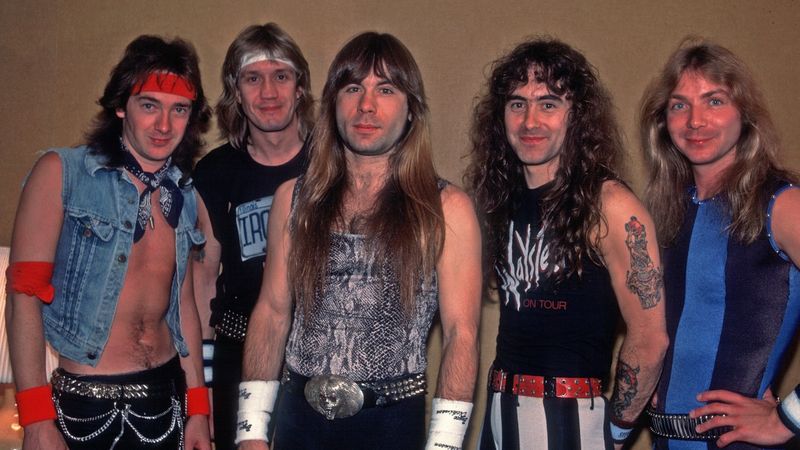
Iron Maiden’s mascot Eddie – a decaying, zombie-like creature who appeared on all their album covers – became the face parents associated with metal’s corrupting influence. When “The Number of the Beast” dropped in 1982, its title track and demonic cover art triggered widespread panic among religious communities.
Churches organized record burnings while preachers warned that playing the album backward revealed satanic messages. What made Maiden particularly threatening was their intelligent lyrics about history, literature, and mythology – suggesting metal wasn’t just mindless noise but something that could actually engage young minds.
Parents were horrified to discover their honor-roll students plastering bedroom walls with images of Eddie ripping out his own brain or controlling the devil like a puppet.
7. Twisted Sister – Rebellion Against Authority
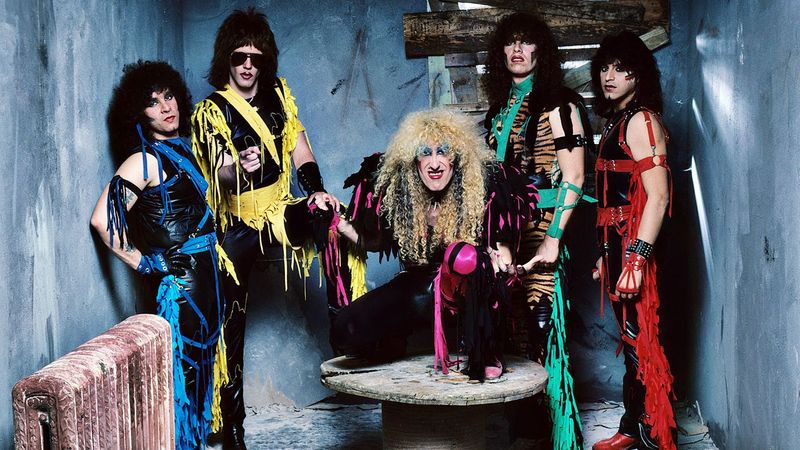
Dee Snider’s makeup-smeared face and wild blonde mane became symbols of youth rebellion that haunted PTA meetings across America. Their anthem “We’re Not Gonna Take It” featured a music video where a teenager magically transforms into Snider to stand up to his authoritarian father – a narrative that struck fear in the hearts of disciplinarian parents.
Unlike other bands on this list, Twisted Sister earned special parental ire by directly challenging authority figures. Snider’s articulate testimony before the Senate against music censorship in 1985 shocked parents who expected an incoherent rocker.
Their theatrical appearance combined with anti-authoritarian lyrics made them the soundtrack for teenage defiance, prompting countless groundings when kids started answering back with “I wanna rock!”
8. Venom – Unholy Black Metal Blueprint
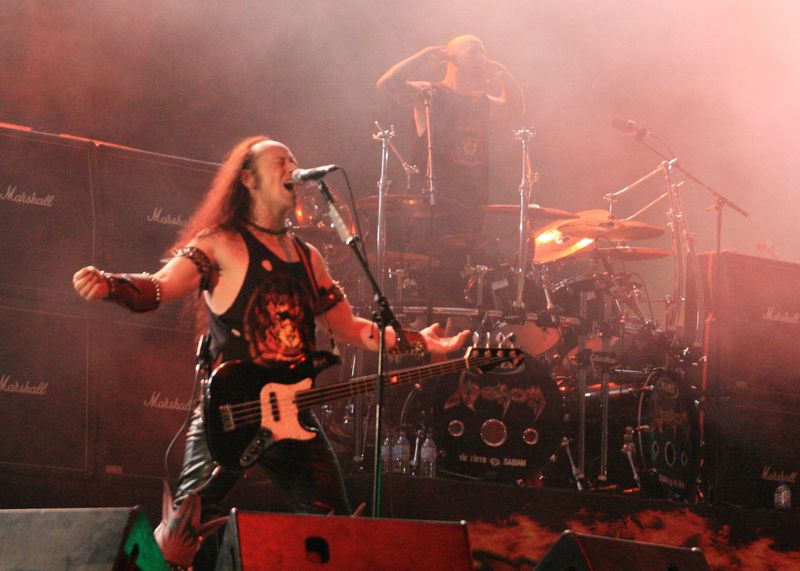
British trio Venom took metal to terrifying new extremes with their 1981 debut “Welcome to Hell.” Their raw, unpolished sound combined with explicitly satanic lyrics created a perfect storm of parental panic. Song titles like “In League with Satan” and “Sacrifice” weren’t exactly subtle.
Parents who discovered Venom albums hidden in their kids’ rooms often believed they’d uncovered evidence of actual cult involvement. The band’s black metal corpse paint and stage names (Cronos, Mantas, and Abaddon) further cemented their reputation as genuine devil worshippers rather than theatrical performers.
Religious watchdog groups circulated warnings about Venom, claiming their concerts were disguised satanic rituals where unspeakable acts occurred – rumors the band did little to discourage.
9. Metallica – Thrash Metal Revolution
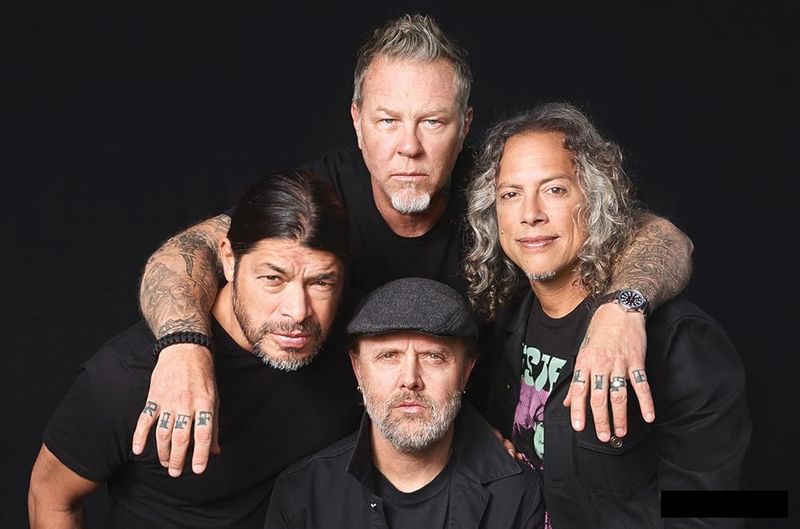
Before they became stadium-filling superstars, Metallica represented a frightening new evolution in heavy music. Their 1983 debut “Kill ‘Em All” (originally titled “Metal Up Your Ass” until their label intervened) featured unprecedented speed and aggression that sounded like chaos to parental ears.
James Hetfield’s lyrics about death, warfare, and mental breakdown in songs like “Ride the Lightning” and “Fade to Black” had parents convinced the band was promoting suicide. The 1986 death of bassist Cliff Burton in a bus accident added a dark mystique that further alarmed adults.
Metallica’s refusal to make music videos or appear on radio initially kept them underground – making parents even more suspicious of what their kids were listening to behind closed doors.
10. Mercyful Fate – Theatrical Satanism
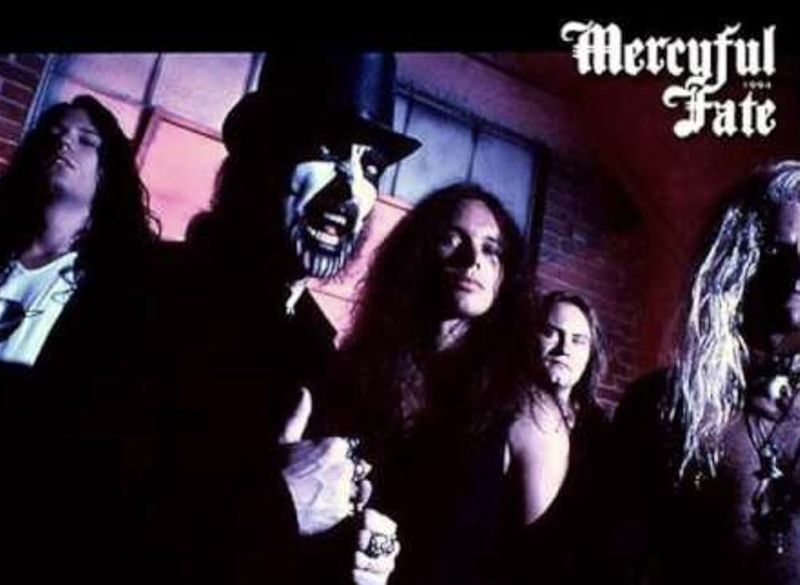
Few metal frontmen struck fear into suburban hearts quite like King Diamond. His elaborate face paint – black and white corpse makeup with an inverted cross – became a symbol of metal’s supposed satanic connection. His falsetto vocal range, which could shatter glass and parental patience equally, made their music instantly recognizable.
Albums like “Melissa” and “Don’t Break the Oath” featured overt occult themes and rituals that had religious groups distributing pamphlets warning about their dangerous influence. King Diamond’s stage show, complete with microphone made from human bones and satanic altar props, represented parents’ worst fears come to life.
What made Mercyful Fate particularly concerning was King Diamond’s open interest in occultism – this wasn’t just theatrical shock value but something that seemed genuinely spiritual.
11. Anthrax – MTV Ban & Asylum Antics
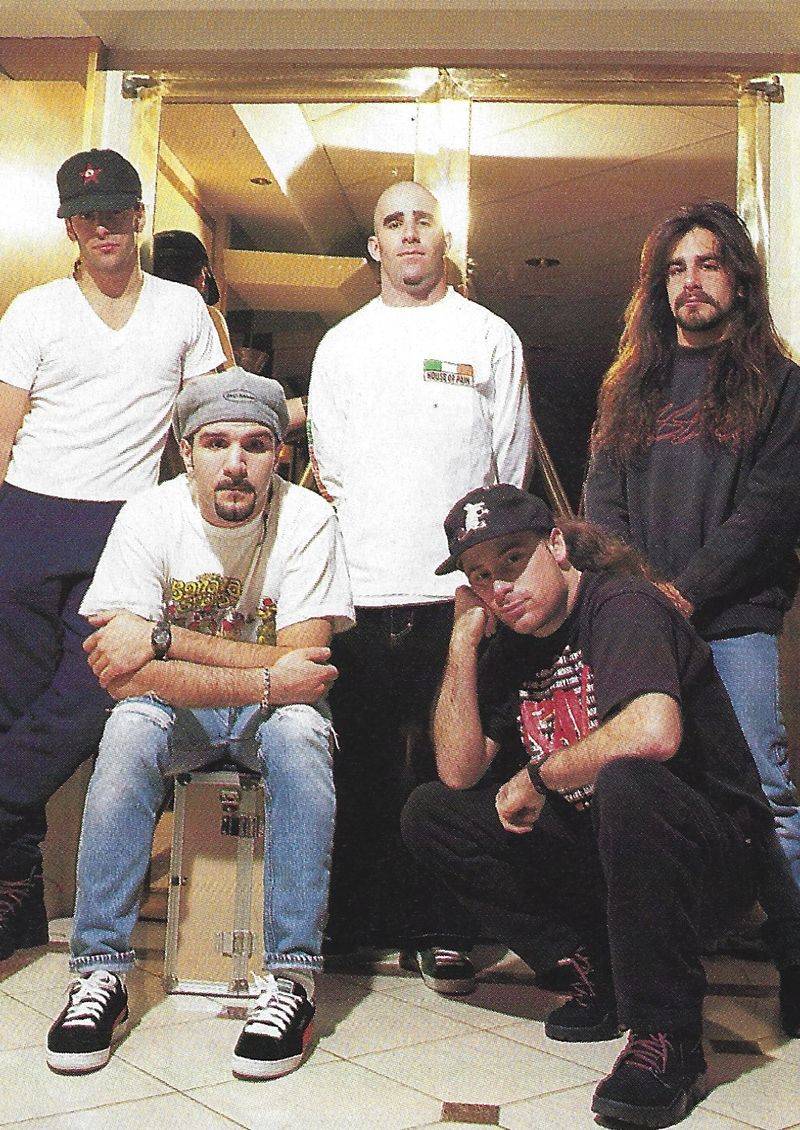
Anthrax earned their place on parental watchlists when MTV banned their 1985 video for “Madhouse.” Shot in an abandoned psychiatric hospital with the band in straitjackets, the video was deemed insensitive to mental illness – instantly making it forbidden fruit for teenage viewers.
Their comic book-inspired lyrics and faster-than-light playing style represented a new breed of metal that parents couldn’t comprehend. The band’s association with hip-hop through their groundbreaking collaboration with Public Enemy on “Bring the Noise” created additional parental anxiety about cross-cultural influences.
Scott Ian’s distinctive beard and shorts combo became a look parents dreaded seeing their sons emulate. Anthrax showed that metal didn’t need satanic imagery to terrify adults – speed and intensity were threatening enough.
12. Megadeth – Thrash Metal Menace
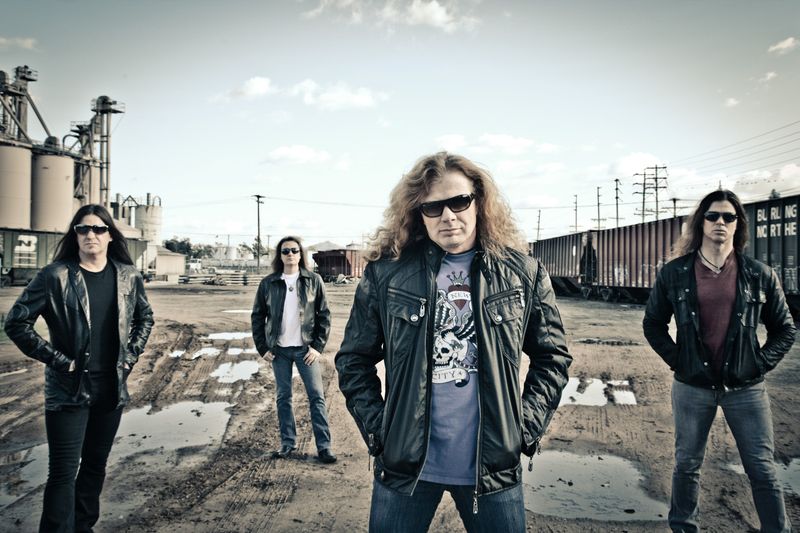
After being fired from Metallica, Dave Mustaine formed Megadeth with a chip on his shoulder and something to prove. Their 1985 debut “Killing Is My Business… And Business Is Good!” featured technical guitar playing and politically charged lyrics that made parents question what their kids were absorbing.
The band’s mascot Vic Rattlehead – a skull with metal caps over eyes, ears, and mouth representing “see no evil, hear no evil, speak no evil” – adorned teenage bedrooms to parental horror. Songs addressing nuclear war, government corruption, and occult themes painted a bleak worldview that adults feared would corrupt young minds.
Mustaine’s well-documented substance abuse issues became another point of parental concern, representing the destructive lifestyle they associated with metal music.

Comments
Loading…